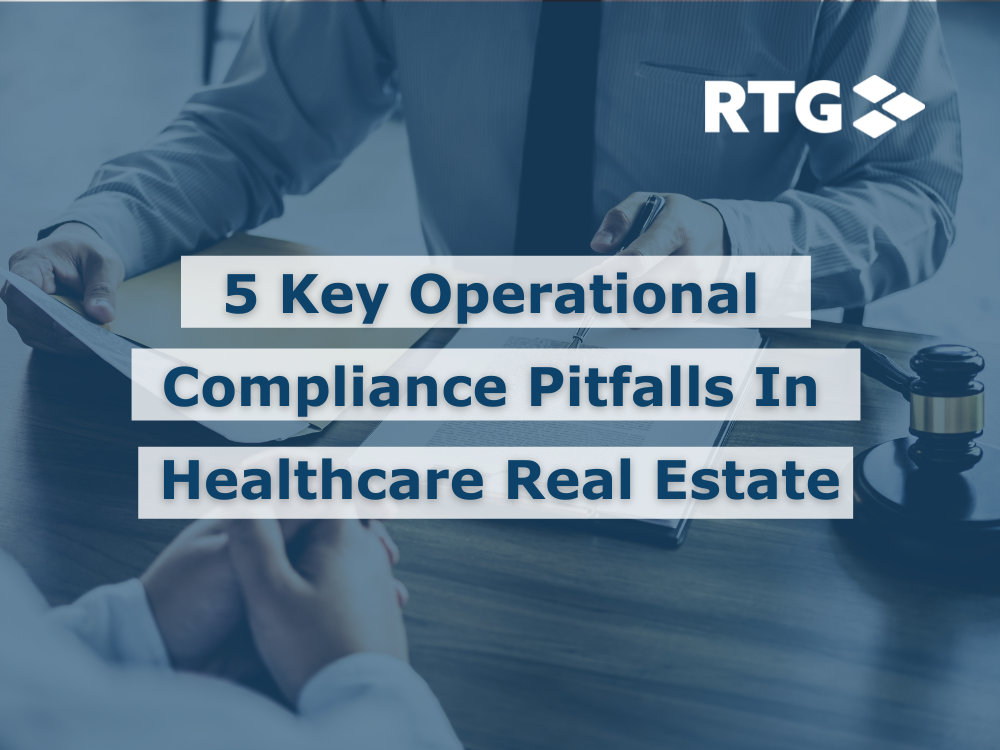
Key Operational Compliance Pitfalls For Consideration
 Real estate arrangements between health systems and referring physicians face numerous compliance pitfalls that can trigger a Stark Law violation. Compliance pitfalls associated with real estate lease arrangements can generally be subdivided into two categories, transactional and operational. Transactional compliance pitfalls stem from the structure of the arrangement itself while operational compliance pitfalls stem from the subsequent administration, or lack thereof, of the real estate lease arrangements.
Real estate arrangements between health systems and referring physicians face numerous compliance pitfalls that can trigger a Stark Law violation. Compliance pitfalls associated with real estate lease arrangements can generally be subdivided into two categories, transactional and operational. Transactional compliance pitfalls stem from the structure of the arrangement itself while operational compliance pitfalls stem from the subsequent administration, or lack thereof, of the real estate lease arrangements.
Avoiding transactional compliance pitfalls by structuring lease arrangements properly and in compliance with Stark Law is a step in the right direction but one cannot stop there. The proper administration of lease arrangements is just as important. A lease arrangement that is structured in perfect compliance with the healthcare regulations can easily expose health systems to compliance violations if the arrangement is not properly administered.
Download RTG’s White Paper to learn more about these 5 key operational compliance pitfalls of hospital-physician lease arrangements and several strategies for mitigating potential associated risks.
-
-
- Rent Collections
- Operating Expense Reconciliations
- Space Creep
- Lease Expiration
- Timeshare Lease Arrangements
-
RTG provides a broad spectrum of healthcare real estate compliance services from evaluating the structure for a new transaction, reviewing an existing transaction, or drafting and implementing effective real estate compliance policies and programs. Learn more about RTG’s Compliance Services, here.



